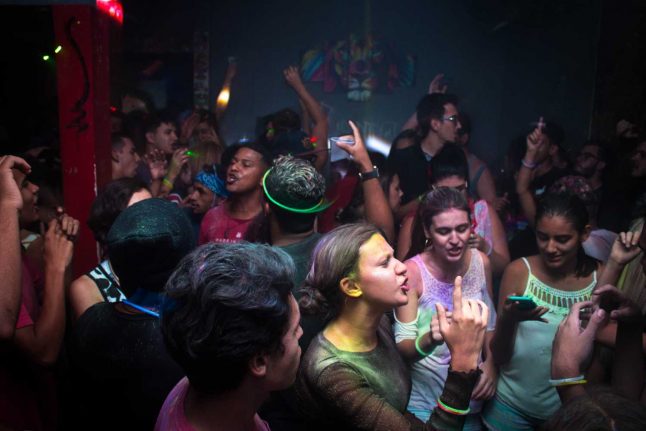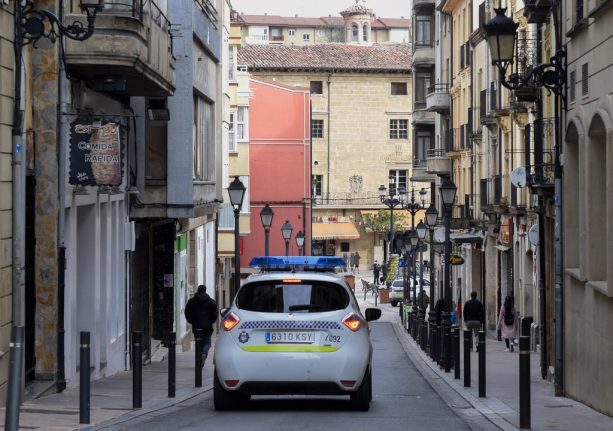This is the latest in a series of Covid-19 outbreaks that occurred in Swiss discos and clubs in the recent weeks.
In all, dozens of people in various regions of Switzerland have tested positive, and hundreds are under preventive quarantine after contaminations that happened at the so-called ‘superspreader’ events in bars and nightclubs.
Now health authorities are wondering whether these venues should be allowed to continue their operations.
READ MORE: Mandatory masks in nightclubs in four Swiss cantons from today
“We see that many infection 'clusters' occur at these places. It is true that we may have opened them a little early,” Antoine Flahault, director of the Institute for Global Health at the University of Geneva, told RTS television.
Flahault added that “We have not yet succeeded in sufficiently eliminating the circulation of the virus throughout Europe. Perhaps these discotheques represent danger zones and should be reopened a little later.”
No decisions have been made so far about the eventual closure of all the clubs and discotheques, beyond those where outbreaks have been found.
But since July 9th, cantons of Basel Country, Aargau and Solothurn, along with Basel City, require guests in clubs to wear a mask – unless the venue allows no more than 100 people to come in at one time.
The maximum of 300 people are allowed on the premises.
When discos and nightclubs were allowed to re-open in Switzerland on June 8th, one of the rules was that sufficient distance between guests — first set at 2 metres and then changed to 1.5 metres — should be maintained.
However, many revellers have not complied with this measure, causing a number of infections at these venues.




 Please whitelist us to continue reading.
Please whitelist us to continue reading.
Member comments